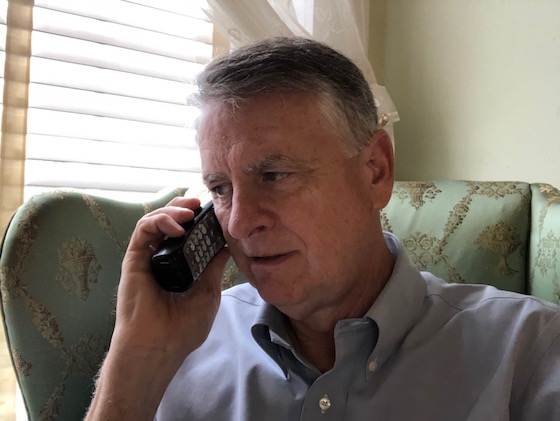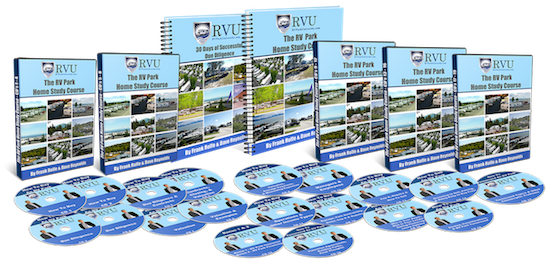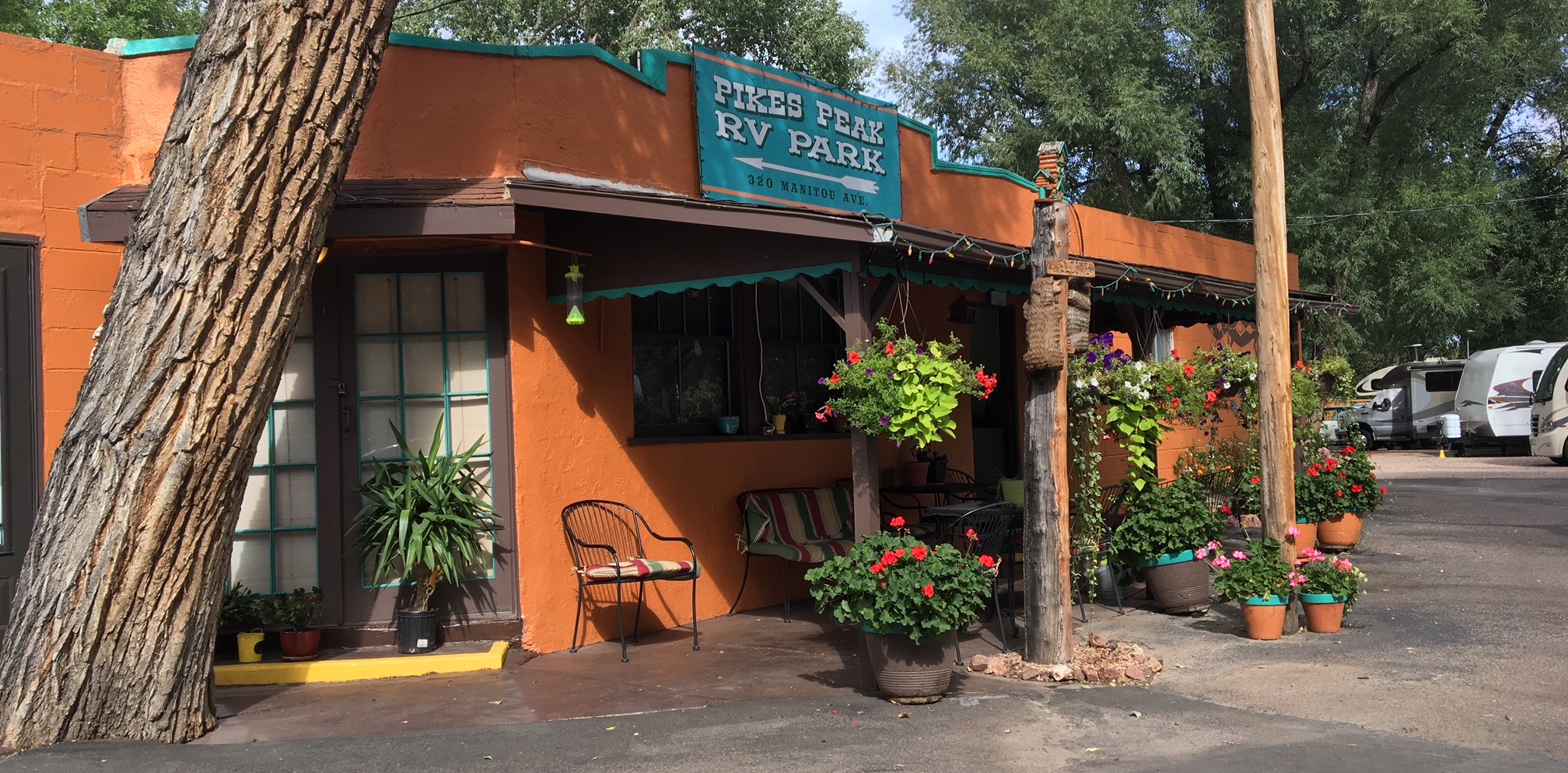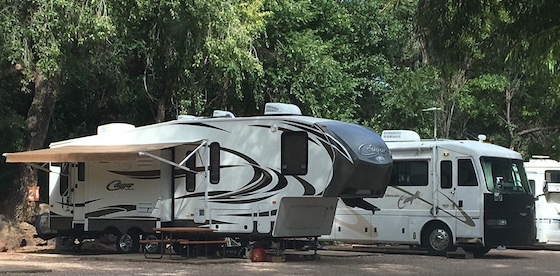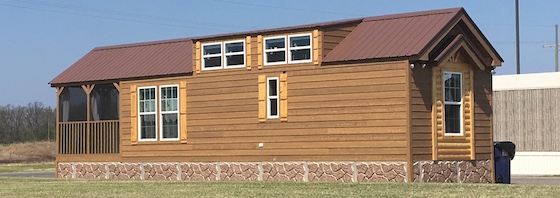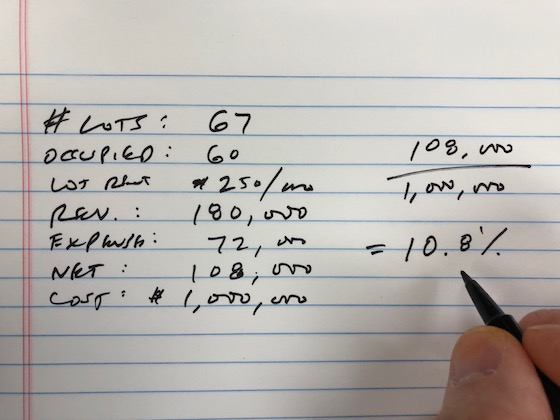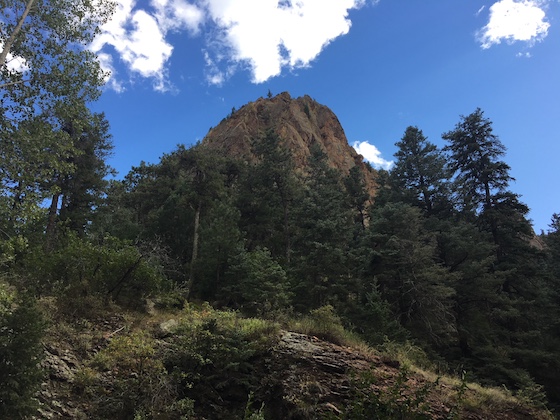We have been “cold-calling” RV park owners to see if they would like to sell for over two decades. The name sound scary and unpleasant, but the reality is that it’s a great way to find RV parks and is never a chore if you do it the right way. So how do you successfully utilize “cold calling” to find RV parks to buy?
Step 1: Create your prospect list
Any cold call effort has to begin with a defined territory. You must narrow your search to those geographic areas that interest you. Once you have selected what part of America you would want to own an RV park in, the next step is to create your list of all the RV parks that meet that profile. You can effectively accomplish this using a simple Google search of those markets under the heading “RV park in ________”. You will need to assemble the complete list of potential properties noting the name of the property and full address.
Step 2: Find the owner’s name and address from the tax assessor
This is the critical step that many buyers miss. You can’t just call the RV park and talk to the manager. The manager is not the owner, and their best interests have nothing to do with yours. When you call a manager about buying the property what they hear is “this person is going to fire me”. So they always say that the owner is not interested. Instead, you have to take that property address to the tax assessor’s website or call them by phone and get the true owner’s name and address.
Step 3: Get the phone number from the internet
Once you have the actual owner’s name and address, you can again return to the internet to such sites as Switchboard.com and get the owner’s phone number. With the phone number in hand, you are now ready to get down to business. Note that some owners have set up trusts or companies and that’s what will be listed on the ownership data. However, you can still get their name by researching the officers of that entity on-line on the state’s corporate registry.
Step 4: Call and get the ball rolling
So what do you say when you call? Something like “hi, this is __________. I’m very interested in buying your ___________ RV Park, and I was wondering if you’d have an interest in that? Keep it simple and to the point. The owner now has two choices: 1) to say “no” or 2) to say “how much money are you talking about”? If it’s #2, then they have a shot of being a seller. You then try to defer the price to them by saying, “what does the tax assessor say it’s worth”? or “you’re much more familiar with the property than I am, what do you think is fair”? Often, the conversation ends with them saying “let me think about it” or “let me ask my family”. Rarely does somebody sell something on just one call – it’s really the start of a series of calls.
Step 5: Set up a schedule of contact
One of the key components to successful cold calling – as strange as this sounds – is setting the expectation for the next call before the call ends. For example, say “Ok then should I call you back in a week? So I’ll call you on Wednesday, right?” Then when you call the seller back in a week you say “hi this is _________ -- you told me to call you back today”. That puts the seller at ease that you are respectful of their time and getting their permission. If you don’t end and begin each call this way you will appear to the seller to be a pest. It sounds crazy, but it’s totally true.
Step 6: Be persistent and never give up
All good cold callers follow the same mantra: “never give up”. This is because calling is a journey and getting that final “sure, I’ll sell it” is the destination that you arrive at if you only keep going. There was a starlet in the 1920’s named Peg Entwistle. She couldn’t pay her rent and had pinned all her hopes on getting a part in a play that she auditioned for. When the phone never rang to say she got the part, she jumped off the Hollywood sign and killed herself. When her mother came to LA to get her possessions, she found a letter in her mailbox saying that she had won the part in the play. If she had only waited one more day, she would have been gainfully employed and who knows – maybe a famous star. In life, you must never, ever give up. And that goes for cold calling.
Step 7: There is no “no”
Even when an RV park owner says “no” that only goes for that one moment in history. We typically then say “OK, I understand why you wouldn’t sell right now. But can I call you back and check in in about a month?” They always say “sure” and then the game begins again. We have bought many properties that started off with a “no”. Don’t let that ever stop you.
Conclusion
Cold calling is a great way to find an RV park to buy. It’s not scary at all once you understand the process and make a few initial contacts. Nobody gets mad at you for wanting to give them money. Give it a try and you’ll see how it will dramatically improve your prospects.

